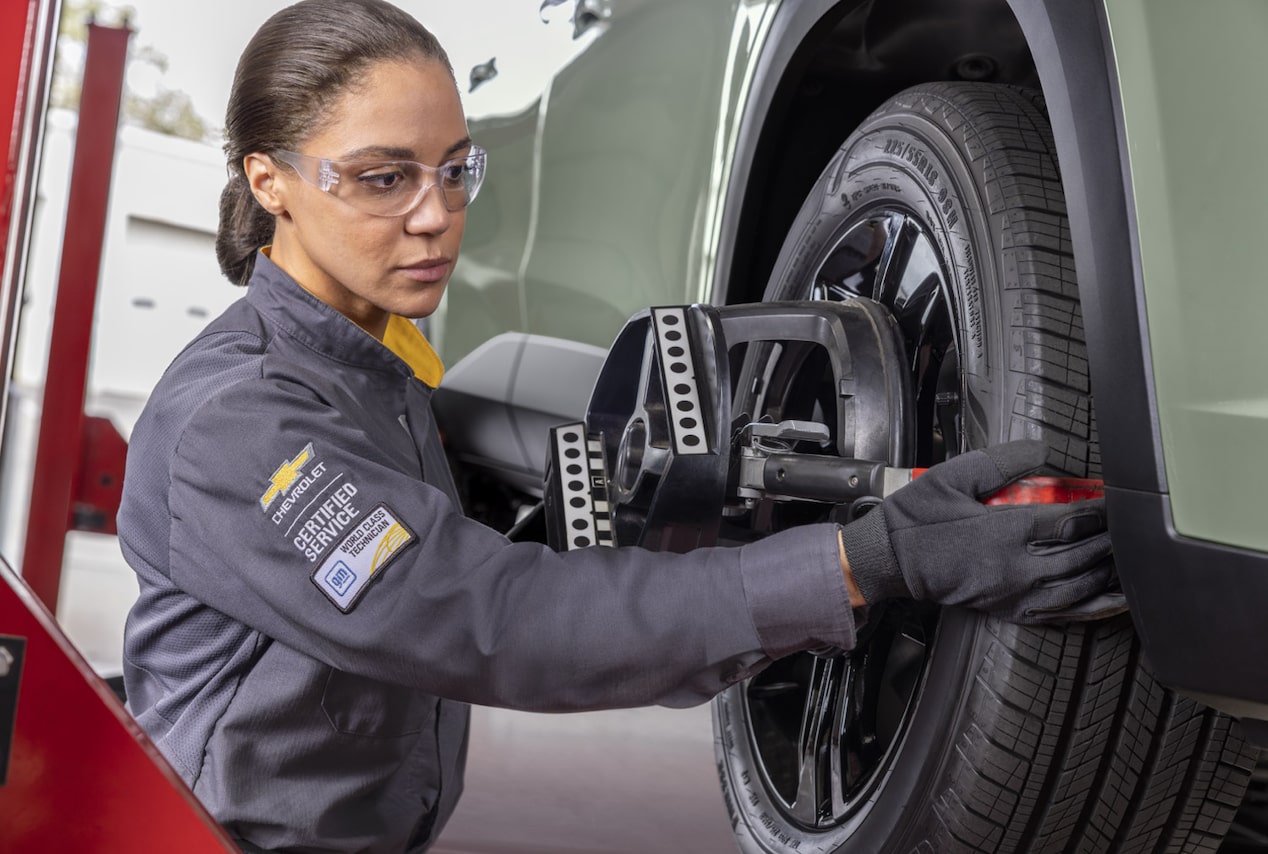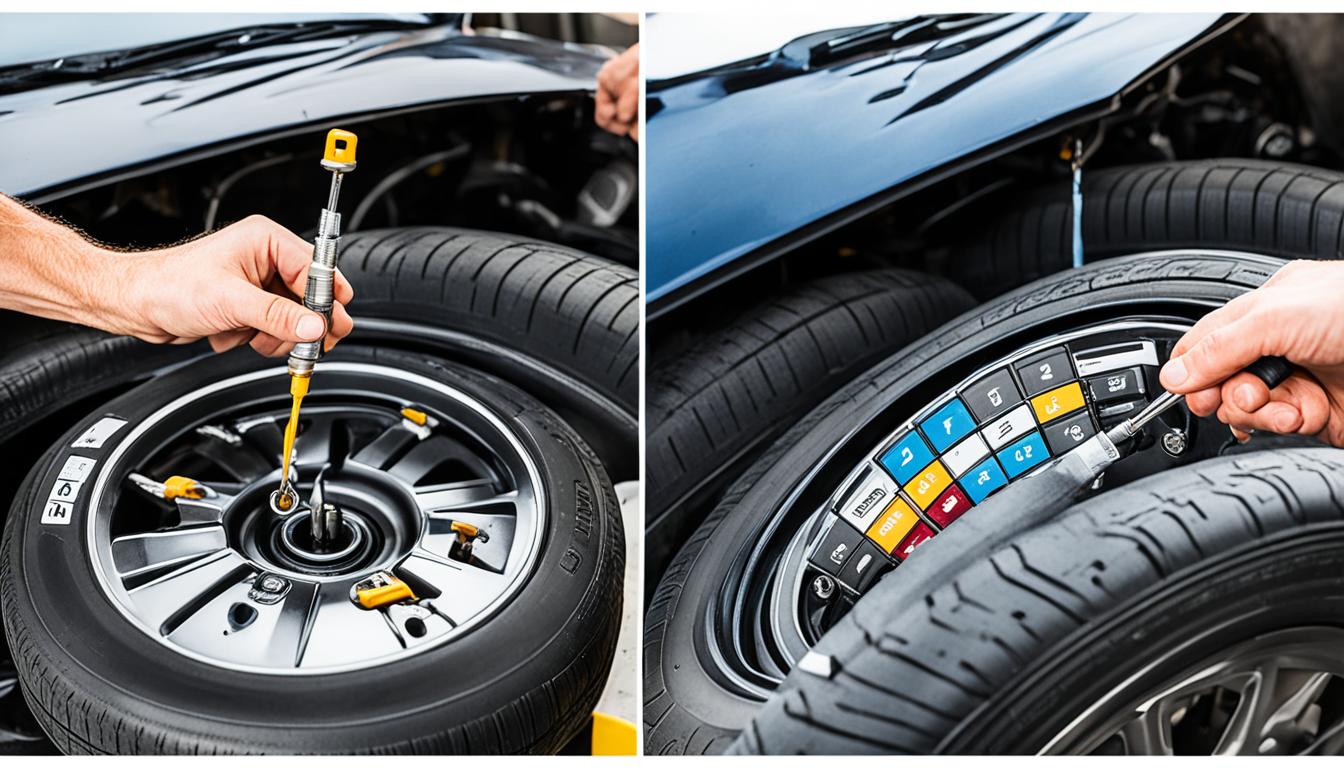All Categories
Featured
Your car relies on various fluids to maintain its elements running efficiently and effectively. Comprehending the role of each liquid and staying positive in maintenance ensures your vehicle runs at its best.
![]()
Why It Matters: Without proper lubrication, engine components can grind against each various other, causing significant damage. Maintenance Tips: Check your oil degree regular monthly utilizing the dipstick and top off if needed. Change the oil and filter according to your car's solution schedule, commonly every 3,000 to 7,500 miles depending on the oil type and driving conditions. 2. Coolant: Controling Engine Temperature. Coolant, likewise called antifreeze, helps keep your engine's temperature within the optimal range. It protects against overheating during warm climate and freezing during cool problems.
Why It Matters: Abject or not enough coolant can lead to engine overheating, which can trigger serious damage. Maintenance Tips: Check the coolant storage tank frequently and try to find leakages or discoloration. Flush and fill up coolant as recommended, usually every two to five years. 3. Brake Fluid: Dependable Ending Power. Brake liquid is crucial for your vehicle's braking system, transferring the force from your foot on the brake pedal to the brakes themselves. With time, brake fluid can absorb moisture, which decreases its performance.
Why It Matters: An endangered braking system can significantly influence your security. Upkeep Tips: Inspect the brake liquid tank and ensure the degree stays within this variety. Change the liquid every 2 to 3 years or as required. 4. Transmission Fluid: Smooth Gear Shifts. Transmission liquid oils the transmission elements and makes certain seamless equipment adjustments. It additionally stops getting too hot by cooling the system.
![]()
Why It Matters: Ignored transmission liquid can result in tailor slippage, overheating, or even total transmission failing. Maintenance Tips: Display the liquid's level and problem consistently. Replace it according to the producer's recommendations, usually every 30,000 to 60,000 miles. 5. Power Guiding Liquid: Uncomplicated Maneuvering. Power steering liquid aids in specific and smooth guiding. Reduced or polluted fluid can make guiding harder, placing strain on the system.
Why It Issues: Poor steering responsiveness can compromise your control over the lorry. Upkeep Tips: Frequently check the fluid level and shade, and leading it off as needed. Be mindful to leakages or unusual steering noises. 6. Windshield Washing Machine Liquid: Clear Visibility. While it doesn't influence performance, windshield washing machine liquid is crucial for keeping exposure, particularly in negative problems.
![]()
Why It Issues: A clean windshield ensures you can see clearly, minimizing the risk of crashes. Upkeep Tips: Re-fill the washer liquid storage tank regularly and utilize a formula fit to your climate to avoid freezing or spotting. Why Regular Fluid Maintenance is Essential. Optimum Efficiency: Correct fluid levels and top quality make certain all systems operate efficiently. Safety Assurance: Brake and power steering fluids directly affect your capacity to control the car. Cost Cost savings: Preventative upkeep avoids costly repairs by capturing possible problems early. Long life: Liquids in good problem assistance extend the life of important elements, including the engine and transmission. Quick Tips for Effective Liquid Maintenance. Adhere to the Manual: Refer to your vehicle's owner manual for specific maintenance periods. Look Out for Leaks: Puddles under your vehicle can indicate fluid leaks that need instant focus. Use Recommended Products: Stick to fluids recommended by your automobile maker to prevent compatibility problems. Pay Attention to Caution Signs: Control panel alerts or unusual performance can indicate liquid issues. Conclusion. Maintaining your vehicle's liquids is just one of the easiest means to maintain it running efficiently and securely. Whether it's engine oil, coolant, or brake fluid, each plays an important duty in your cars and truck's overall wellness. Routine checks, integrated with prompt replacements, can prevent malfunctions, boost performance, and prolong the life of your car. Keep proactive, and you'll delight in a smoother and more secure driving experience for many years to find.

- Engine Oil: The Lifeblood of Your Engine. Engine oil plays a critical duty in lubing the engine's relocating components, decreasing rubbing, and safeguarding versus wear and getting too hot. Gradually, oil deteriorates or becomes polluted with particles, which can compromise its performance.
Why It Matters: Without proper lubrication, engine components can grind against each various other, causing significant damage. Maintenance Tips: Check your oil degree regular monthly utilizing the dipstick and top off if needed. Change the oil and filter according to your car's solution schedule, commonly every 3,000 to 7,500 miles depending on the oil type and driving conditions. 2. Coolant: Controling Engine Temperature. Coolant, likewise called antifreeze, helps keep your engine's temperature within the optimal range. It protects against overheating during warm climate and freezing during cool problems.
Why It Matters: Abject or not enough coolant can lead to engine overheating, which can trigger serious damage. Maintenance Tips: Check the coolant storage tank frequently and try to find leakages or discoloration. Flush and fill up coolant as recommended, usually every two to five years. 3. Brake Fluid: Dependable Ending Power. Brake liquid is crucial for your vehicle's braking system, transferring the force from your foot on the brake pedal to the brakes themselves. With time, brake fluid can absorb moisture, which decreases its performance.
Why It Matters: An endangered braking system can significantly influence your security. Upkeep Tips: Inspect the brake liquid tank and ensure the degree stays within this variety. Change the liquid every 2 to 3 years or as required. 4. Transmission Fluid: Smooth Gear Shifts. Transmission liquid oils the transmission elements and makes certain seamless equipment adjustments. It additionally stops getting too hot by cooling the system.

Why It Matters: Ignored transmission liquid can result in tailor slippage, overheating, or even total transmission failing. Maintenance Tips: Display the liquid's level and problem consistently. Replace it according to the producer's recommendations, usually every 30,000 to 60,000 miles. 5. Power Guiding Liquid: Uncomplicated Maneuvering. Power steering liquid aids in specific and smooth guiding. Reduced or polluted fluid can make guiding harder, placing strain on the system.
Why It Issues: Poor steering responsiveness can compromise your control over the lorry. Upkeep Tips: Frequently check the fluid level and shade, and leading it off as needed. Be mindful to leakages or unusual steering noises. 6. Windshield Washing Machine Liquid: Clear Visibility. While it doesn't influence performance, windshield washing machine liquid is crucial for keeping exposure, particularly in negative problems.

Why It Issues: A clean windshield ensures you can see clearly, minimizing the risk of crashes. Upkeep Tips: Re-fill the washer liquid storage tank regularly and utilize a formula fit to your climate to avoid freezing or spotting. Why Regular Fluid Maintenance is Essential. Optimum Efficiency: Correct fluid levels and top quality make certain all systems operate efficiently. Safety Assurance: Brake and power steering fluids directly affect your capacity to control the car. Cost Cost savings: Preventative upkeep avoids costly repairs by capturing possible problems early. Long life: Liquids in good problem assistance extend the life of important elements, including the engine and transmission. Quick Tips for Effective Liquid Maintenance. Adhere to the Manual: Refer to your vehicle's owner manual for specific maintenance periods. Look Out for Leaks: Puddles under your vehicle can indicate fluid leaks that need instant focus. Use Recommended Products: Stick to fluids recommended by your automobile maker to prevent compatibility problems. Pay Attention to Caution Signs: Control panel alerts or unusual performance can indicate liquid issues. Conclusion. Maintaining your vehicle's liquids is just one of the easiest means to maintain it running efficiently and securely. Whether it's engine oil, coolant, or brake fluid, each plays an important duty in your cars and truck's overall wellness. Routine checks, integrated with prompt replacements, can prevent malfunctions, boost performance, and prolong the life of your car. Keep proactive, and you'll delight in a smoother and more secure driving experience for many years to find.
Latest Posts
Explore Fun Happenings at Riverside’s Canyon Crest
Published Dec 22, 24
1 min read
The Relevance of Monitoring and Keeping Your Vehicle's Fluids
Published Dec 22, 24
0 min read
Maintaining Your Chain-Link Fence: Tips for Longevity and Cleanliness
Published Dec 22, 24
2 min read